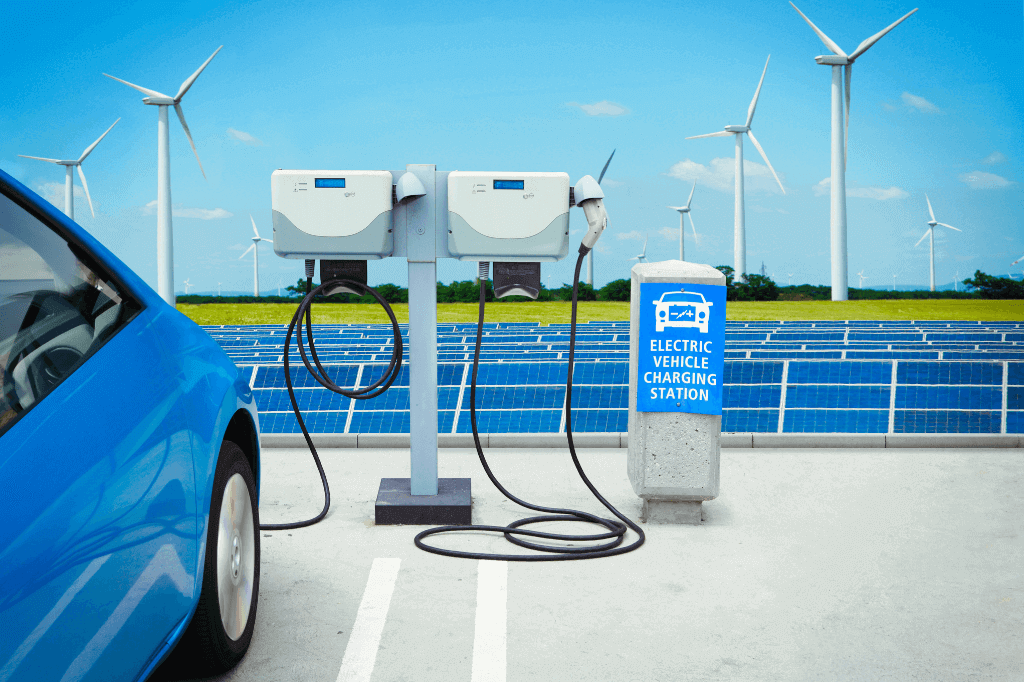Indonesia plans to launch an incentive program aimed at boosting sales and usage of electric vehicles (EVs) from March 20th. The program, estimated to be worth $110 million, will be targeted at manufacturers, retailers and individuals. The quota for 2023 is set at 200,000 electric motorcycles, 35,900 electric cars and 50,000 motorcycles that are converted to EVs. For electric two-wheelers, including conversions, an incentive of around $456 per vehicle will be provided. The eligibility criteria for the incentive requires the electric motorbike to be either locally made or have at least 40% of its components sourced domestically. The same subsidy amount will also be given to individuals who convert their gasoline-powered motorcycles into electric vehicles.
Also Read: Volvo Cars Malaysia targets 75% electric vehicle sales in local market by 2025
Indonesia’s President Joko Widodo has set a target of having at least 2 million electric motorcycles in Indonesia by 2025. The government will also provide assistance to those who buy electric cars and buses, however, the exact subsidy amount has not been disclosed yet. According to Reuters, the Indonesian government has been in talks with two global car manufacturers to enter Indonesia and produce vehicles. The government is also planning to speak with Tesla in the coming days, as Elon Musk’s EV maker is reportedly planning to build a factory in Indonesia with the capacity of rolling out 1 million cars per year. However, the biggest challenge for Indonesia in this regard is the lack of charging infrastructure. Although there is already a program in place to set up chargers at homes through Perusahaan Listrik Negara, the state electricity company, the country lags behind countries like the US.
The incentive program aims to encourage EV adoption and support the country’s target to cut carbon emissions by 29% by 2030. The shift towards electric mobility will also help the country reduce its dependence on oil imports and boost the growth of the domestic EV industry. This program is also in line with Indonesia’s plans to become a regional EV hub and exporter of battery materials. In conclusion, the EV incentive program in Indonesia is a step in the right direction towards a greener future and sustainable transportation system.

















